After Vaporware, here comes VaporStream! OK, let’s get serious:
“E-mail has a problem – it creates a permanent, time-stamped record that is out of our control” – starts the intro to VaporStream, just launched at DemoFall.
Am I hearing reading right? Is this really a problem? I’m having a hard time thinking of legitimate reasons why a business would need to send email that’s not really email but a self-destructing image, without header information and generally untraceable.
Then again, some businesses may just welcome this. Too bad.

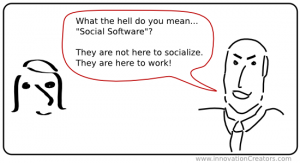
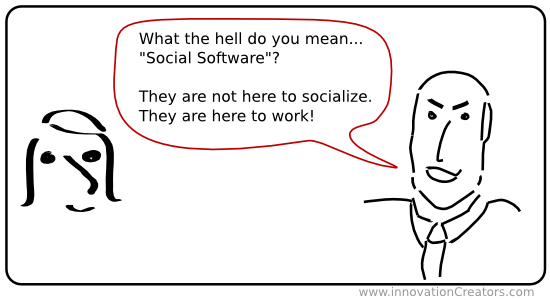


 Yeah, right. Today the story continues, as
Yeah, right. Today the story continues, as 

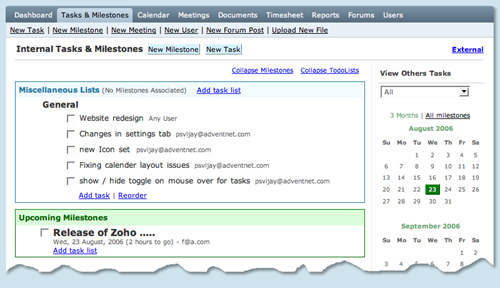


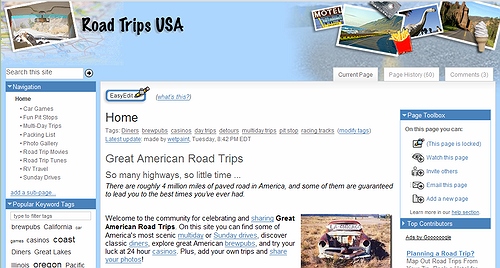

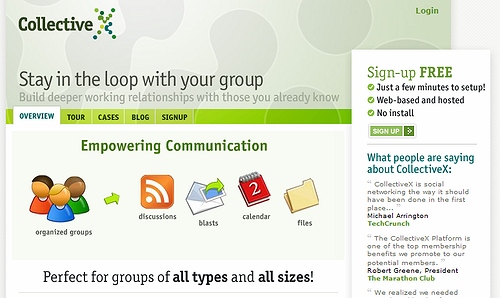

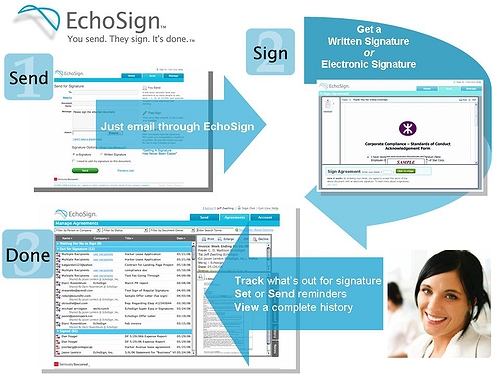



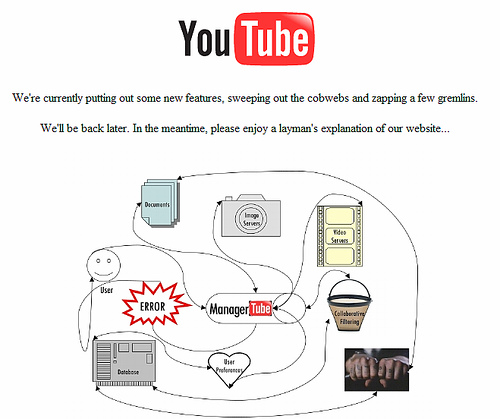

Recent Comments